The views expressed in our content reflect individual perspectives and do not represent the authoritative views of the Baha'i Faith.
The civil war in Syria has now crossed the border into Iraq—but who made that border?
To understand the answer to that question, it helps to know two words: levant and al-Jazira.
Ruled over time by the Persians, the Greeks, the Romans and the Arabs, the al-Jazira has long been called the Cradle of Civilization, that area in ancient Mesopotamia where humans first raised crops and domesticated animals. Archeologists have uncovered continuous evidence in the region of settlement by hunter-gatherer societies that slowly became agricultural in about 9000 BC. People first farmed here, and their civilizations prospered and spread in all directions as a result.
The entire region that surrounds al-Jazira, known since the 1500s as the Levant or the Eastern Mediterranean, encompasses the modern nations of Israel, Jordan, Lebanon, Syria, Palestine, the Hatay Province of Southern Turkey and the island of Cyprus. The region takes its name from the French word “levant,” which means “rising.” The word originally designated the region as the place in the East where the sun rose, where light originated and where religions were born.
The British and French governments drew the current border between Syria and Iraq in the al-Jazira portion of the Levant after World War I. Britain and France divided a contiguous, rural desert region between the Tigris and Euphrates Rivers, which makes up the central portion of al-Jazira. When they drew that arbitrary border they partitioned a predominantly rural Sunni Arab population with closely-shared tribal affinities into two different nationalities.
Perhaps that explains why the Iraqi city of Mosul, recently “taken” by ISIL forces, fell so quickly. The Iraqi Anbar, Nineveh and Diyala provinces, all primarily Sunni areas with deep Syrian connections, have more sympathy and affinity for their Sunni co-religionists in Syria than they do for the Shia government in Baghdad. Mosul has historically had closer ties with the Syrian Aleppo region than it ever had with Baghdad.
But can we blame the fall of Mosul and other al-Jazira-region Iraqi cities on the European partition almost a century ago? Not entirely—instead, we also need to consider the widening sectarian divide between Sunni and Shia Muslims in Iraq, exacerbated by the Shia-led postwar Iraqi state and its policy choices.
When any government privileges one group or religious sect or identity above another, tensions will inevitably mount. In both Syria and Iraq, current and previous governments have empowered minority religious and tribal groups over the majority, keeping their power with brutal repression and military force. The Baha’i teachings speak out clearly on the solutions to these seemingly intractable problems:
In these days there must needs be a mighty power of accord instilled into the nations. The principles of the oneness of the world of humanity must be proclaimed, understood and put into practice, so that all the nations and religions may again remember the long-forgotten fact – that they are all the progeny of primordial humanity, Adam, and the denizens of one land. Are they not breathing one air? Is not the same sun shining upon all? Are they not the sheep of one flock? Is not God the universal shepherd? Is he not kind unto all? Let us banish the phantasmal thoughts of east and west, north and south, European and American, English and German, Persian and French.
Consider the creation of the infinite universe. This globe of ours is one of the smallest planets. Those stupendous bodies revolving in yonder immeasurable space, the infinite blue canopy of God, are many times greater than our small earth. To our eyes this globe appears spacious; yet when we look upon it with divine eyes, it is reduced to the tiniest atom. This small planet is not worthy of division. Is it not one home, one native land? Is not all humanity one race? Creationally there is no difference whatsoever between the peoples.
How short-sighted we would be should we try to divide a room into the eastern and western corners. The geographical division of this world is an exact parallel. Through our ignorance and lack of viewpoint we divide this common home, we divide the members of this family into various races, we divide religion into different sects and then with those suppositional divisions we wage war against one another; we shed one another’s blood and we pillage one another’s possessions. Is not this unpardonable ignorance? Is this not the height of injustice? – Abdu’l-Baha, Divine Philosophy, pp. 177-179.
What Abdu’l-Baha calls “suppositional divisions” some scholars now call modern “identity politics.” Many nations and factions around the world have learned to use the conflicts inherent in some identity politics to their advantage. By reinforcing the sectarian impulse in particular populations, and fomenting divisions between people by utilizing the modern media, political and military leaders in countries like Iraq, Syria, Iran, many Balkan nations and places like Rwanda and Sudan have used ethnicity, cultural background and the sect to divide and conquer. Then they have ignited those deep sectarian divides into war, famine and chaos.
You May Also Like
Comments



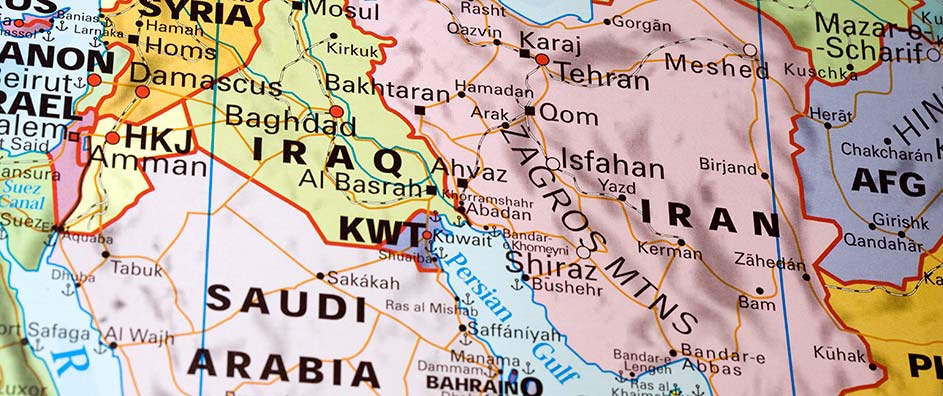
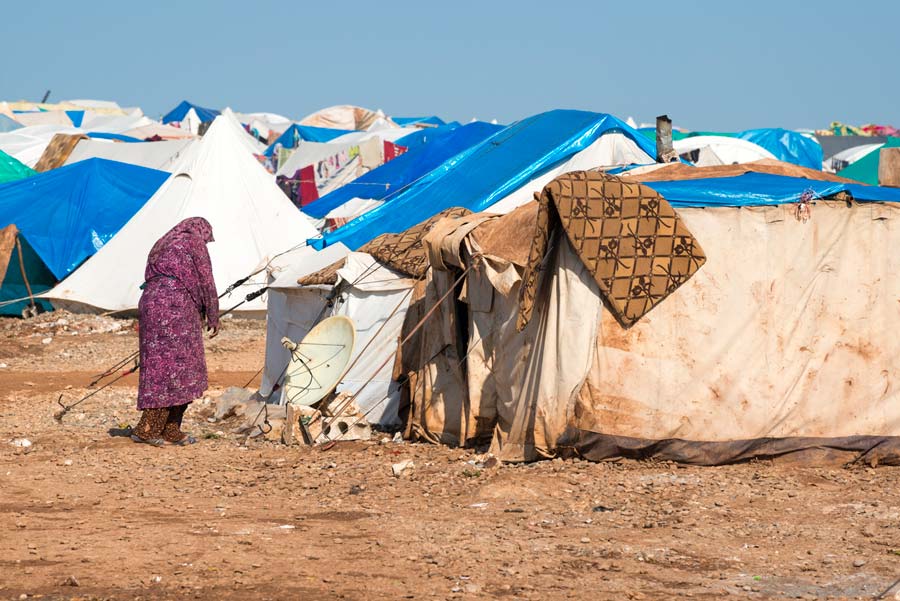

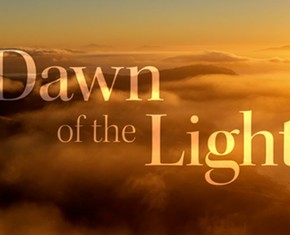
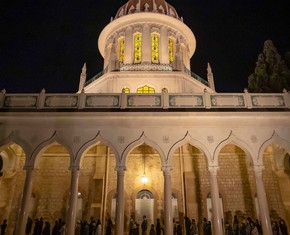
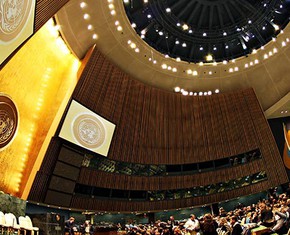









===== In 1936 the Guardian wrote to the NSA not to make a new edition of this work because "this book has in large part been taken from notes recorded at the time but which do not constitute an authentic text of ...the Master's words."
(Eunice Braun, Know Your Baha'i Literature, p. 11)